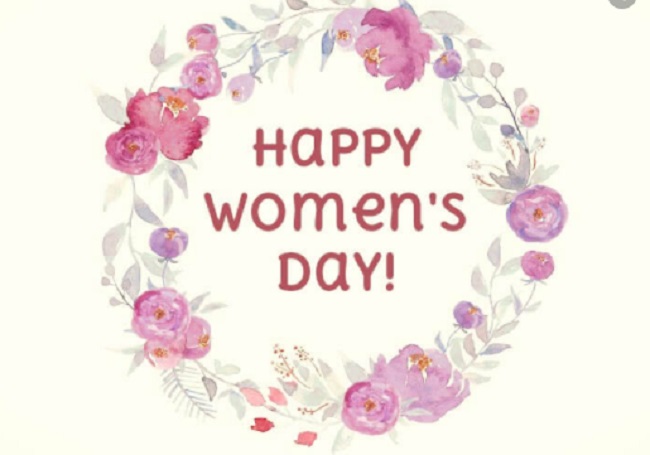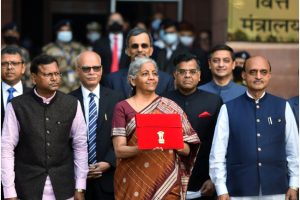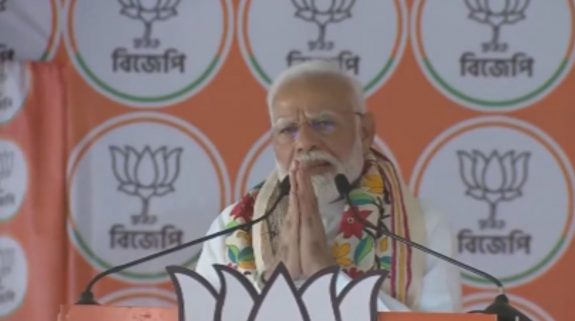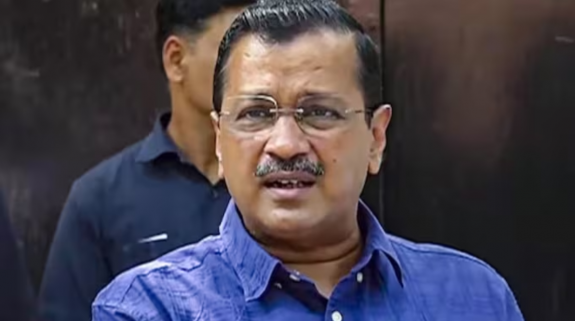* They hoped a substantial part of the allocations for Atmanirbhar Swasth Bharat Yojana announced during the Union Budget last month is allocated for women’s health issues.
* 60 per cent of women have been pushed to poverty and unemployment due to the pandemic and women are 20 per cent more likely to become unemployed than men.
* They reiterated men and women are equal but different, and women’s health is the nation’s wealth and must be addressed in a manner India responded to COVID-19 pandemic.
* Health issues like widespread prevalence of anemia and late detection of cancer show how women’s health is neglected and forgotten in India.
New Delhi: Women leaders representing doctors and corporates today underscored the need to change how women are perceived by the society and advocated that women must look after herself before noting what others need. Attending the summit titled Women’s Health Matters by the Integrated Health and Wellbeing (IHW) Council ahead of International Women’s Day, they hoped that a substantial part of the allocations for Atmanirbhar Swasth Bharat Yojana, announced during the Union Budget last month, is allocated for women’s health issues.
Noting that gender discrimination is a critical component that impacts women’s health Dr Nandita Palshetkar, Director, Bloom IVF Centres, said “COVID has hit the women badly – 60 per cent of them have been pushed to poverty and unemployment due to the pandemic and she is 20 per cent more likely to become unemployed than men. We launched a campaign to make women safer from the violence and abuses, smarter in terms of her reproductive choices and stronger by focusing on wellness and mental wellbeing. We definitely need more women-centric policies. We have been focusing a lot on maternal mortality in the past, but the government is now looking at it more holistically, which is a welcome change, and I hope they will prioritise women’s health under the allocations for Atmanirbhar Swasth Bharat Yojana.”
“The share of women employees in many sectors is 30 per cent or so and in some sectors, it is as low as 10 to 15 per cent – we have not been able to create enabling conditions for her there. The idea of introducing the concept of Diversity and Inclusion (D&I) in the corporate organisations have helped us improve the working conditions for women in the past decade. During the past one year, we wanted to hold tight of our womenfolk and make sure they have access to all information on wellbeing. These crucial sessions were well-attended by the women employees as well as the community at large to make women’s wellbeing a top priority because if they look after themselves, productivity, work, delivery – all of them will happen automatically,” says Ms Amarpreet Kaur Ahuja, Country Head – HR, India, AstraZeneca.
“A 1998 study of anganwadi workers who were trained for visual inspection of cervical cancer helped to reduce mortality by 20-30 per cent. It shows how early detection of cervical cancer can greatly impact the outcome, as much as prevention. It is very important to have a healthy lifestyle to prevent cervical – no tobacco, no alcohol, exercise at least 3 days a week and lots of fibre in your diet can help,” says Dr Seema Gulia, Professor, Department of Medical Oncology, Tata Memorial Centre.
“As a gynecologist, I have been listening for 4 decades that women need not die during childbirth. It is sad that not much has changed in the past 4 decades. I would like to rechristen the title from women health matters to women matter – that’s the change we need in society’s attitude towards women. Men and women are equal but different, and women’s health is the nation’s wealth. Universal healthcare is a distant dream but technology is helping us in leapfrogging to reach the rural women but we have to be consistent and persistent, just the way India did to respond to COVID-19 pandemic,” said Dr Hema Divakar, CEO, Asian Research and Training Institute for Skill Transfer (ARTIST), and member of IHW Council’s Apex Advisory Body.
Ms Nikky Gupta, Co-Founder & CEO, Teamwork Communications Group and a mother of two, says, “Women are stared at for breastfeeding their children in public which shows the society’s attitude. Women must understand that they need to empower themselves because the kids will learn from her. So, if a mother eats well and follows her medical checkup routine, her daughter will automatically learn the importance of such acts. Take your own decisions and do not rely on your family members for that. Awareness is also important which is why we continued to campaign on women health matters such as breast cancer even during the pandemic which has been widely recognized.”














